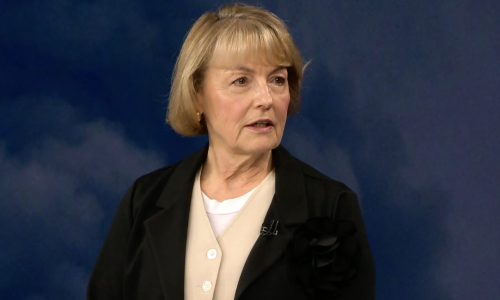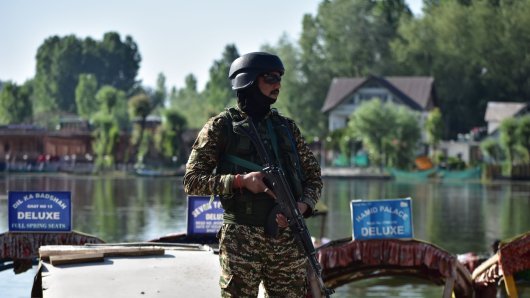The solution to the Ljubljanska Banka issue should be such that neither party can say that they have been cheated and that it can be politically presented to the public in Croatia and Slovenia, Croatian Foreign Minister Vesna Pusic said in Brussels on Thursday.
Speaking to the press after a meeting of EU foreign ministers, Pusic said she appreciated Slovenian Foreign Minister Karl Erjavec's efforts to help find a solution "given the situation in Slovenia, where the ruling coalition is gradually coming loose." She added that Erjavec "is showing a dose of responsibility to have this issue solved before elections or some other reshuffle in Slovenia."
Pusic and Erjavec last night discussed the Ljubljanska Banka issue and a timely ratification of Croatia's European Union accession treaty in the Slovenian parliament. After the talks, they said a solution was within reach and that it could be found during February, which would pave the way for the ratification. They added that they would meet in Slovenia on February 6 with the two financial experts tasked by the two governments with dealing with the issue.
Today, Pusic would not speak about a possible solution to the issue of the now-defunct Slovenian bank "especially because we expect the bulk of the solution to be defined by the two financial experts," saying that Erjavec and she were there to provide "the political dimension the experts don't have." She said the experts' job was to financially define a solution acceptable to both sides.
Pusic went on to say that Croatia had completed the ten tasks identified by the European Commission in its monitoring report last October and that it had submitted to the Commission a report on everything that had been done in that regard.
"The last issue were the shipyards and in the meantime a way to deal with that has been agreed, including dates when contracts are to be signed. That was agreed by Economy Minister Ivan Vrdoljak in talks with Competition Commissioner Joaquin Almunia."
Asked about the translation of the acquis into Croatian, which the European Commission recently warned about, Pusic said the translation would be completed by the time of accession on July 1, "if not sooner."
Asked to comment on Romanian member of the European Parliament Monica Macovei's proposal to impose post-accession monitoring for Croatia, Pusic said "Europe is a free area in which everyone can say what they want."
"Everyone is entitled to say what they want but Croatia won't have post-accession monitoring, unlike Bulgaria and Romania, in part because of the experience with such monitoring in those countries, which is why member countries have concluded that post-accession monitoring has no impact. Because of that experience, Croatia had a different negotiation model, it had benchmarks for the opening and closing of chapters and has had monitoring from the completion of the negotiations to the day of accession," said Pusic.




































